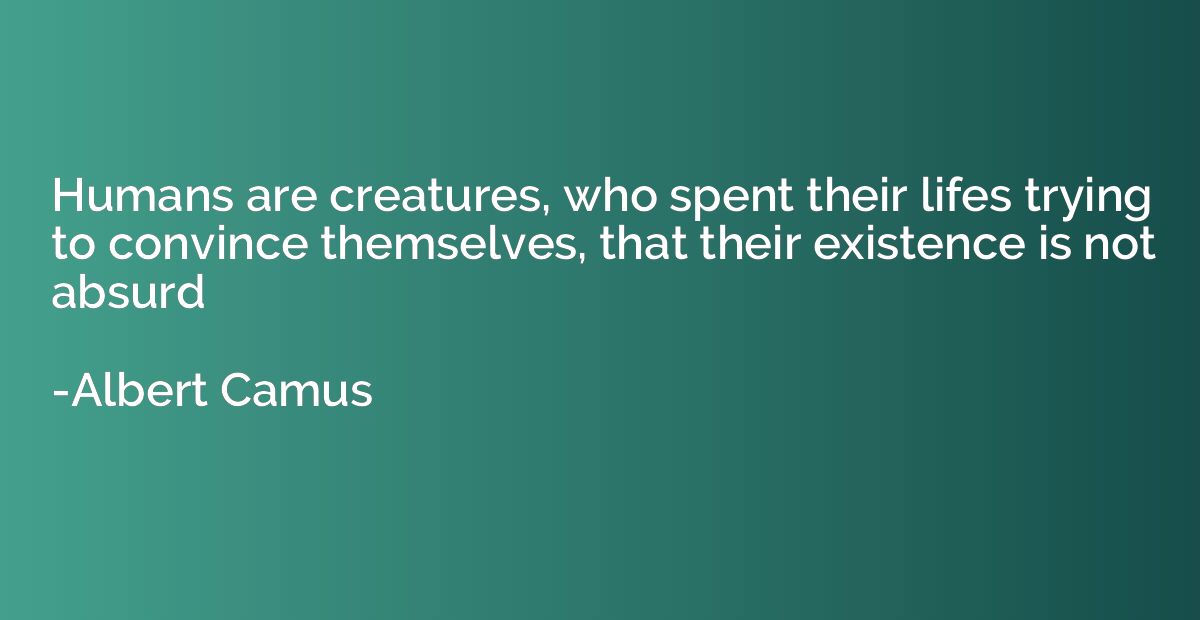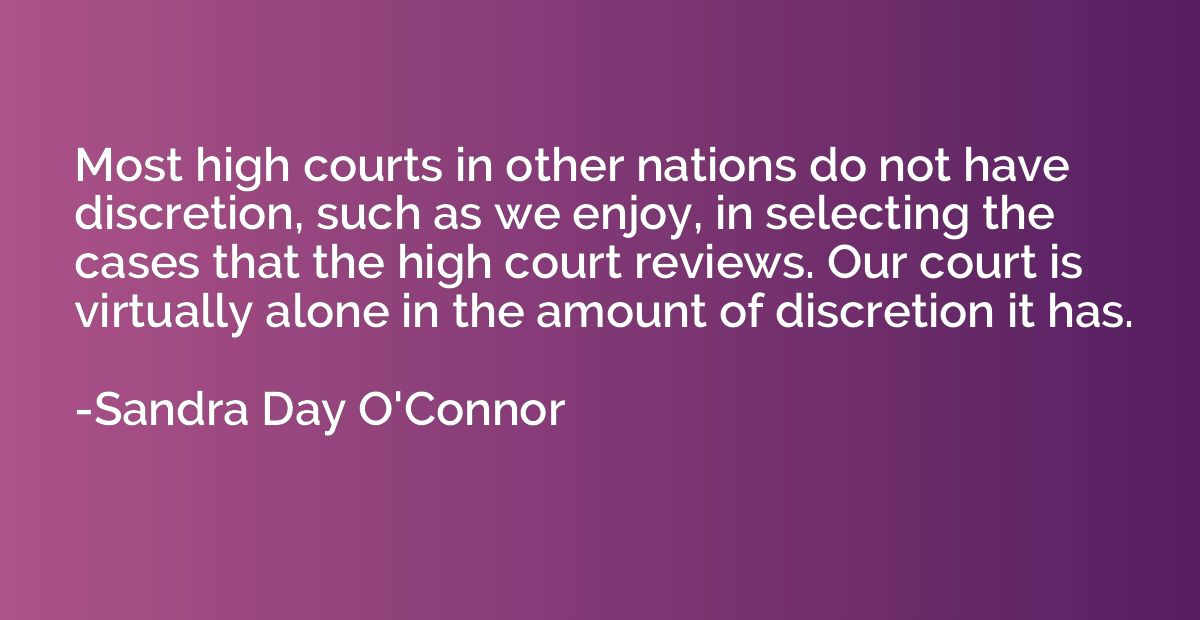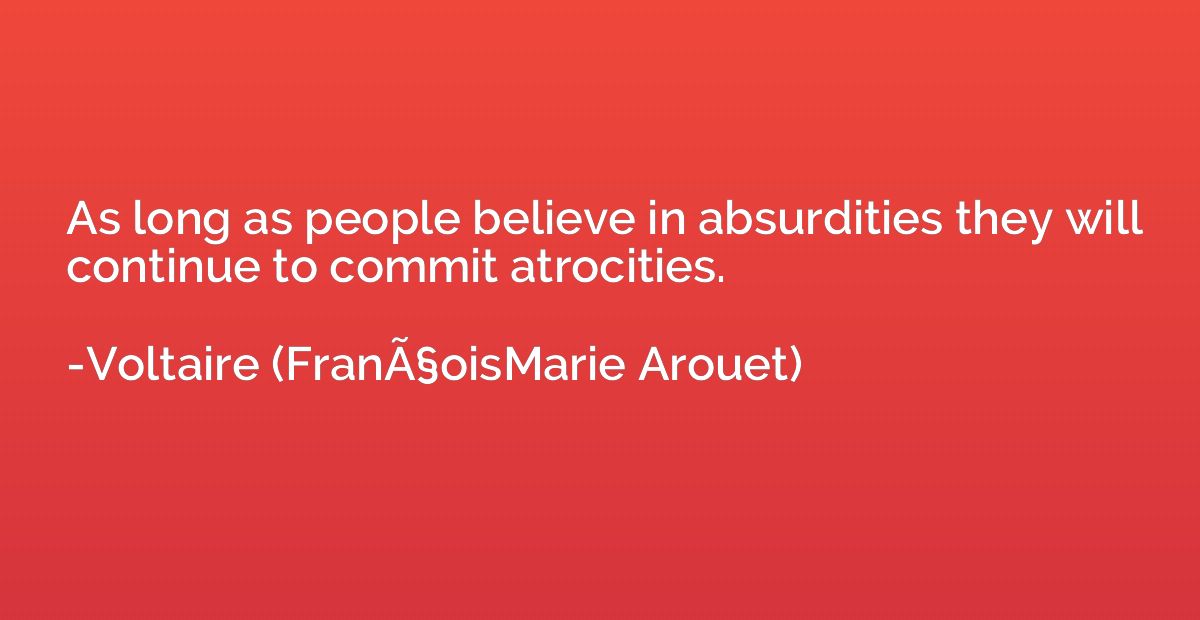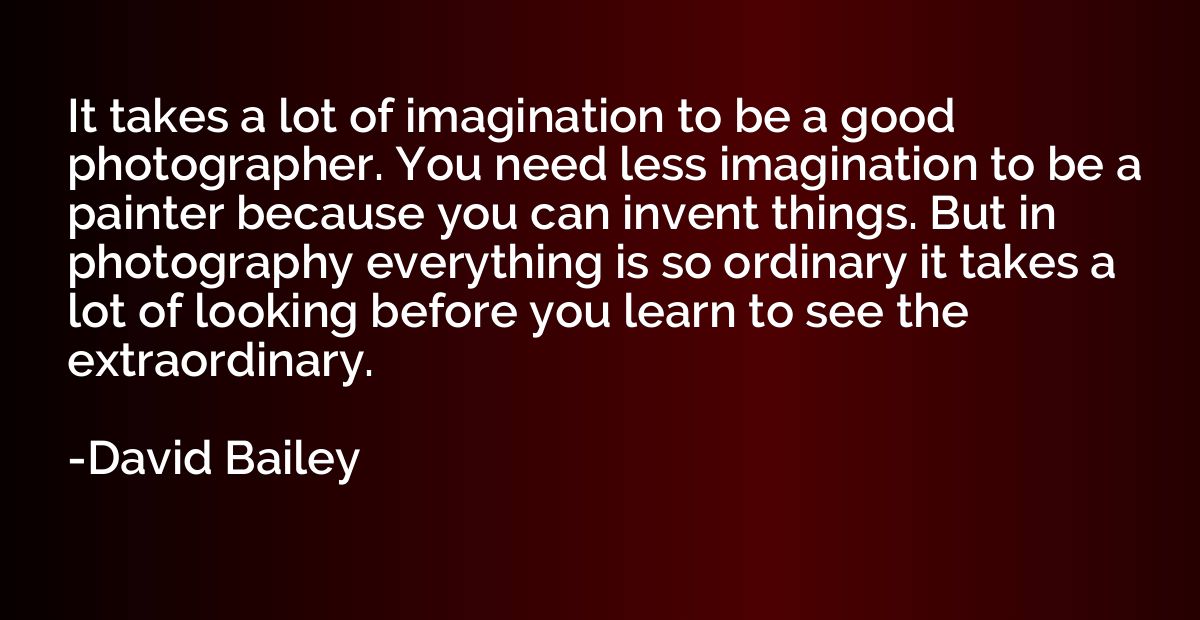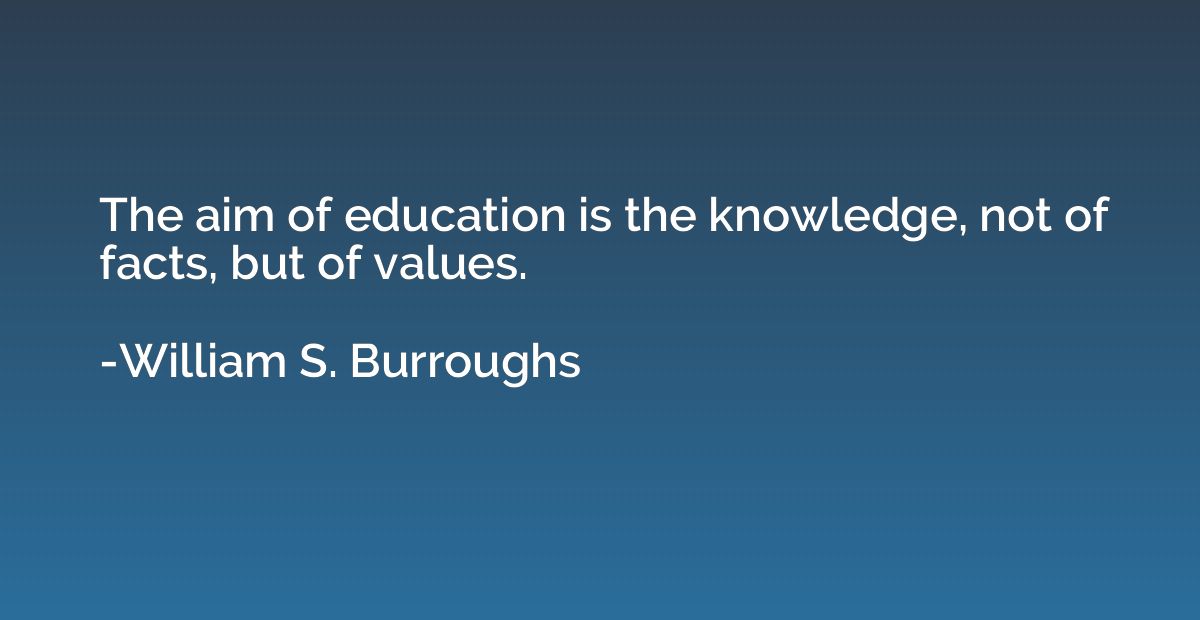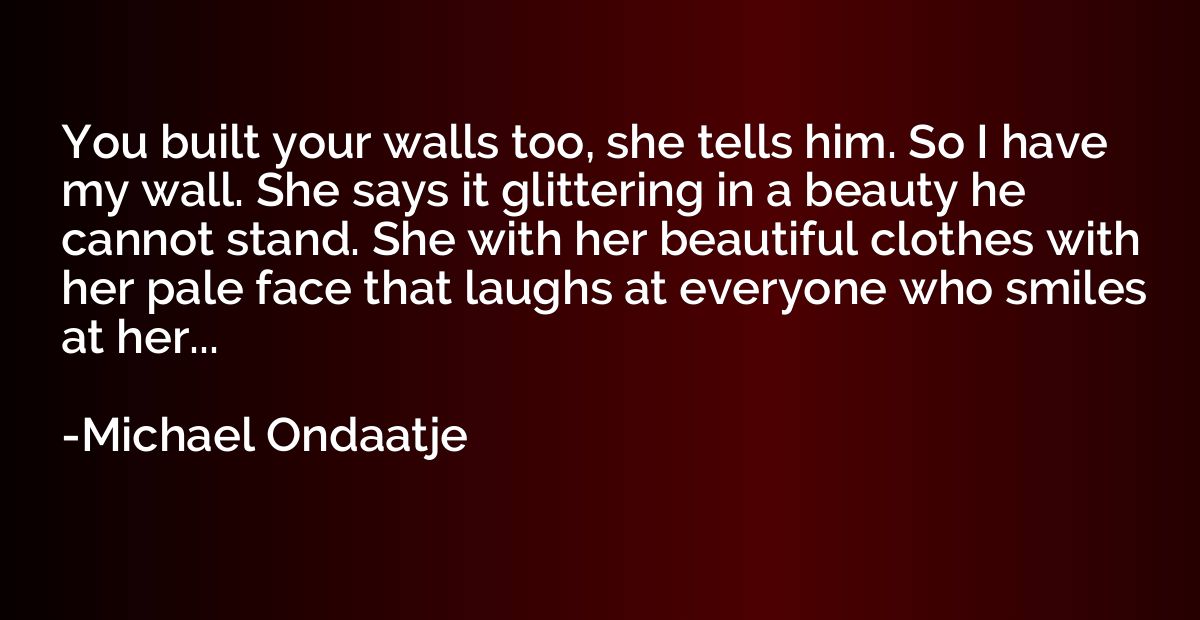Quote by Michel de Montaigne, Essays, in
...there is no constant existence, neither of our being, nor of the objects. And we, and our judgement, and all mortal things else do uncessantly roll, turn, and passe away. Thus can nothing be certainly established, nor of the one, nor of the other; both the judging and the judged being in continual alteration and motion. We have no communication with being; for every humane nature is ever in the middle between being borne and dying; giving nothing of itself but an obscure appearance and shadow, and an uncertain and weak opinion. And if perhaps you fix your thought to take its being, it would be even as if one should go about to grasp the water: for how much the more he shall close and press that, which by its own nature is ever gliding, so much the more he shall loose what he would hold and fasten. Thus, seeing all things are subject to passe from one real change to another, reason, which therein seeketh a real subsistence, finds herself deceived as unable to apprehend any thing subsistent and permanent...
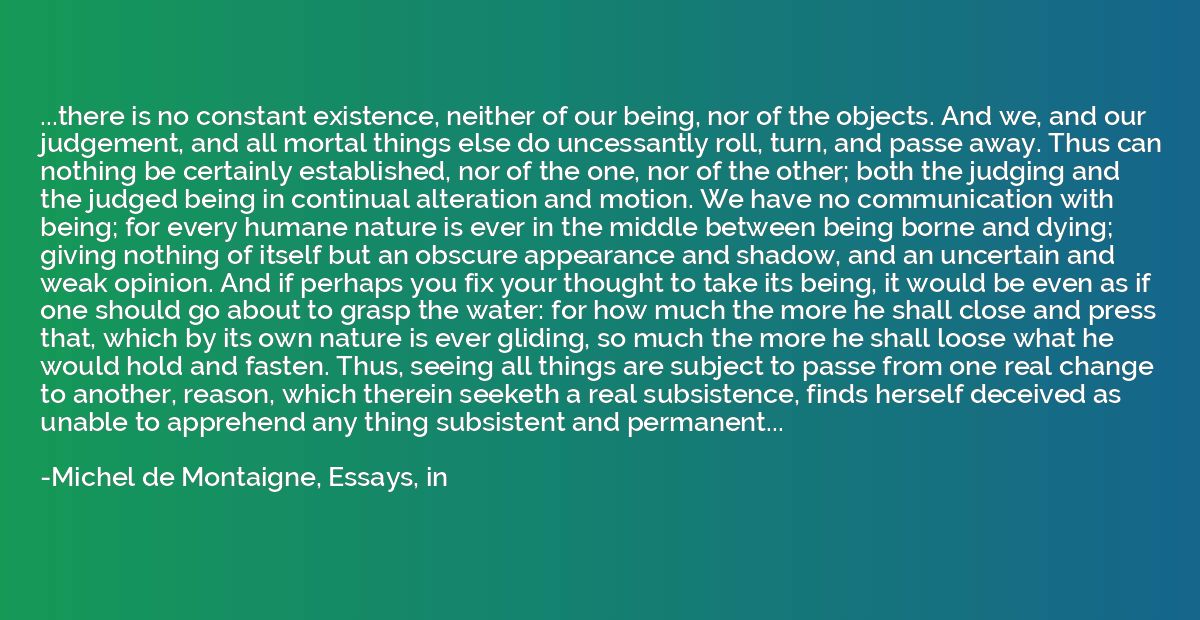
Summary
This quote reflects the philosophical idea that nothing in existence is constant or permanent. Both human beings and the objects in the world are continuously changing and passing away. Therefore, it is impossible to establish anything with certainty, as everything is in a state of flux. Human nature itself is transient, existing between birth and death, offering only a vague appearance and an uncertain perspective. Attempts to grasp and understand being are futile, akin to trying to hold onto flowing water. Reason, in its search for something steadfast, is deceived as it cannot apprehend anything that is truly subsistent or permanent.



